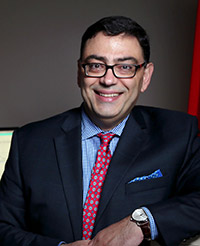 |
Over its 70-year history, the field of exercise science has been remarkably successful in producing compelling evidence on the benefits of physical activity and exercise for many facets of health and well-being. At the same time, however, it is equally remarkable that there have been no "success stories" in global efforts to encourage more individuals to be physically active. At present, the model of exercise prescriptions and physical activity recommendations exhibits at least two common elements, which will be critiqued through the prism of "normal science" and scientific "paradigms" (concepts proposed by Thomas Kuhn) and "secondary ignorance" (a concept proposed by Elliott Eisner): (a) reliance on the central argument that people should be active to reduce their long-term risk of premature death, chronic disease, and disability; and (b) the use of complex, quantitative, and frequently updated minimum targets (e.g., 150 minutes of moderate-intensity or 75 minutes of vigorous-intensity physical activity per week, or an equivalent combination). This approach is based on common sense but has proven resoundingly ineffective in practice over the past 50 years. Therefore, new thinking is urgently needed. To prepare exercise science for a paradigmatic transition, limitations of the current model will be highlighted by drawing insights from behavioral sciences, including behavioral economics, social marketing, and communication. The take-home message of the lecture will be that exercise prescription guidelines and physical activity recommendations present opportunities for exercise science to increase its societal value and, in the process, move closer to the goal of achieving integration as an interdisciplinary field.
|